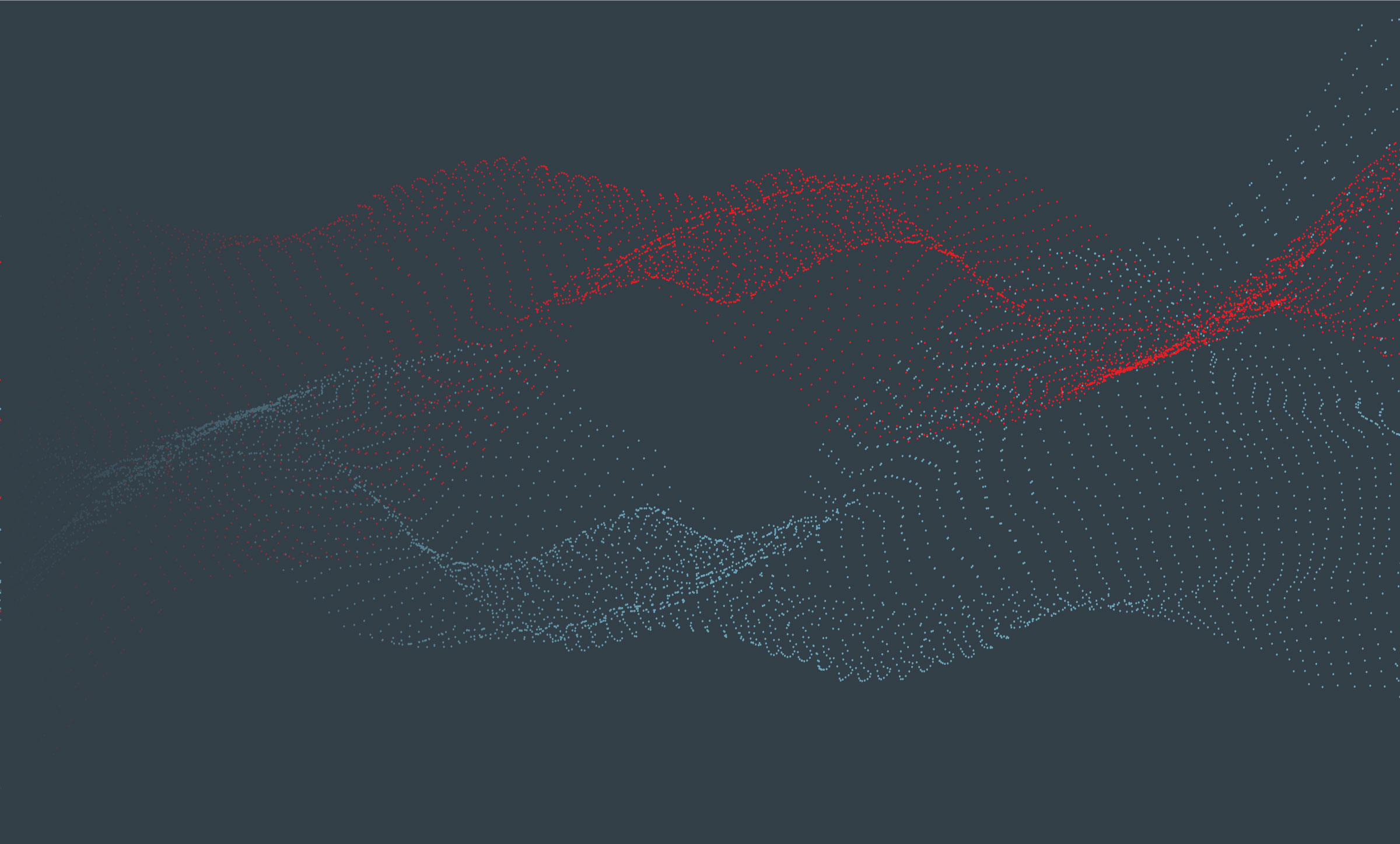By: Eva Voinigescu
16 Nov, 2016


Corinne Maurice is one of 28 young investigators who attended CIFAR’s Global Women in Science Leadership Workshop last month. Photo credit: Rita Taylor
CIFAR held its first Global Women in Science Leadership Workshop last month in partnership with the Global Young Academy. The workshop, which took place at the Banff Centre for Arts and Creativity, brought together 28 young investigators from around the world, including two CIFAR Azrieli Global Scholars, to participate in three days of networking and leadership training.
Participants took part in a series of lectures and group work sessions about the impact of personal problem solving styles, approaches to tackling leadership challenges and polarities, and how to build a vison for their future leadership. They also interacted with eight female mentors from varied backgrounds. Mentors included Elizabeth Cannon, president and vice-chancellor of the University of Calgary; Ghada Bassionia, associate professor and head of the Chemistry Division of the Faculty of Engineering at Ain Shams University in Egypt; and Janice Cooper, country representative for health and project lead for the Carter Center Liberia Mental Health Program.
The workshop is part of CIFAR’s Global Academy programming, designed to enable exceptional early career researchers from across Canada and around the world to engage with our networks, develop their leadership skills and act as catalysts for change beyond their academic environment.
“CIFAR is actually allowing me to access opportunities I just I wasn’t aware of, and I’m suddenly managing to meet all these incredible people that are doing really relevant work,” said Corinne Maurice, an assistant professor at McGill and a CIFAR Azrieli Global Scholar in the Humans & the Microbiome program at CIFAR.
Despite decades of progress, women working in science and technology continue to face overt or unconscious bias, outdated assumptions, and exclusion from informal networks. Women in these fields make less, are promoted less frequently, win fewer grants and are more likely to leave research than similarly qualified men, according to an article in Nature magazine. CIFAR is committed to providing the female research leaders of tomorrows with tools to successfully navigate this landscape.
Participants identified and worked through issues such as combating gender bias, identifying mentors and sponsors, prioritizing responsibilities and goals, overcoming imposter syndrome, optimizing the relationship between science and cultural decision making, and effecting policy change.
“There’s a lot of enthusiasm to continue this work at CIFAR,” said Pamela Kanelis, director, Research & Global Academy. “We’re very interested in pursuing future opportunities to continue supporting women in science.”
Other mentors in the program included Lisa Durham, director of the Leadership Institute and principal environmental engineer at Argonne National Laboratory; Janet Kestin, co-founder of Swim Leadership Lab in Toronto; Jennifer Love, professor of chemistry and senior advisor on women faculty at the University of British Columbia; Clare Muhoro, science partnerships advisor at the U.S. Agency for International Development, and associate professor of chemistry at Towson University in Baltimore; and Éliane Ubalijoro, professor of practice, public-private sector partnerships, Institute for the Study of International Development, McGill University.